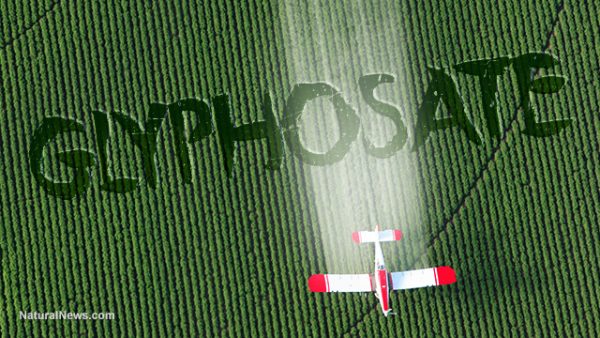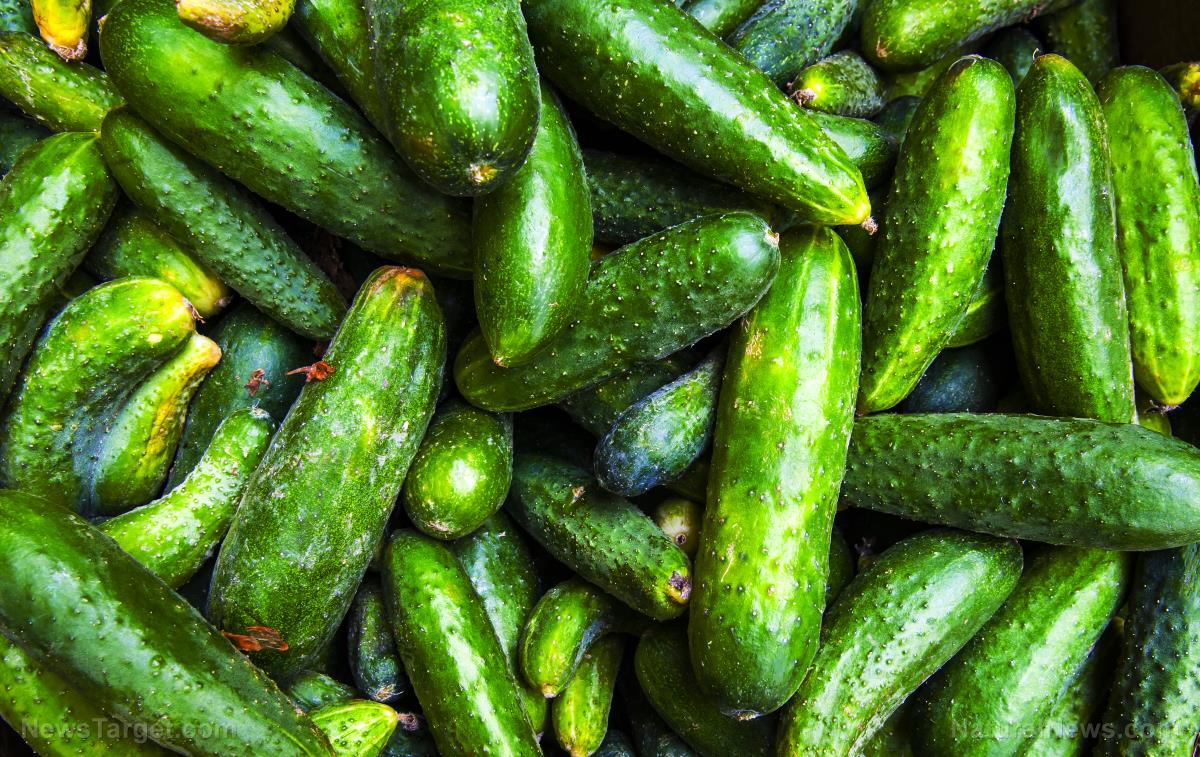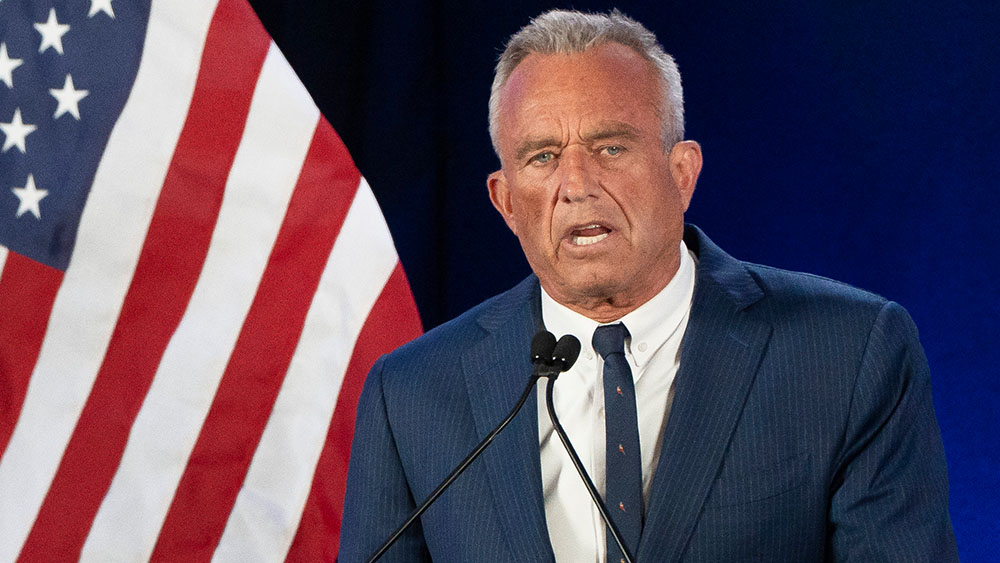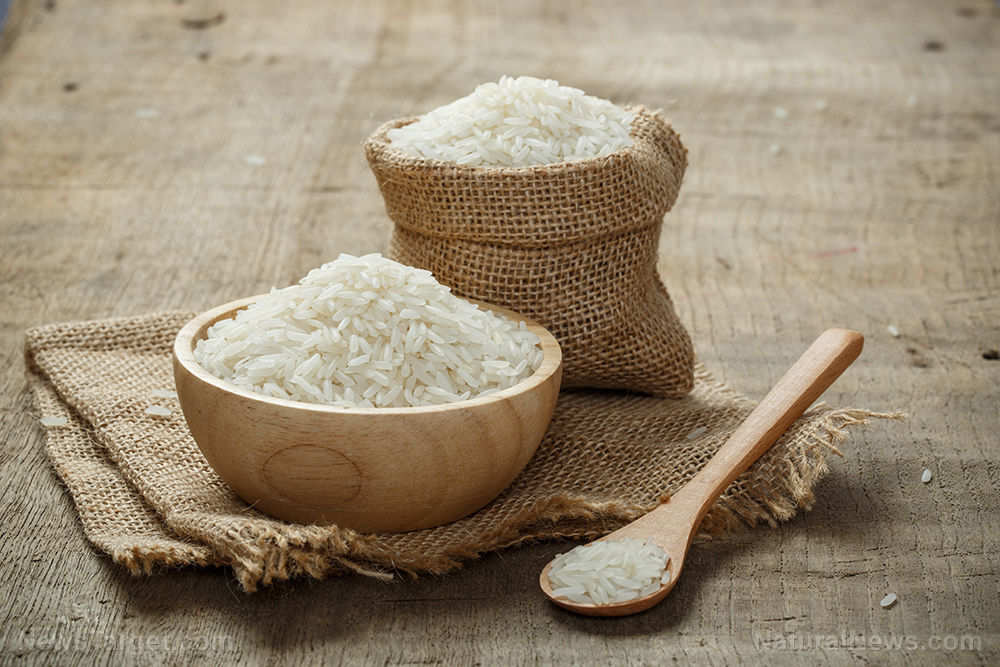 Parler
Parler Gab
Gab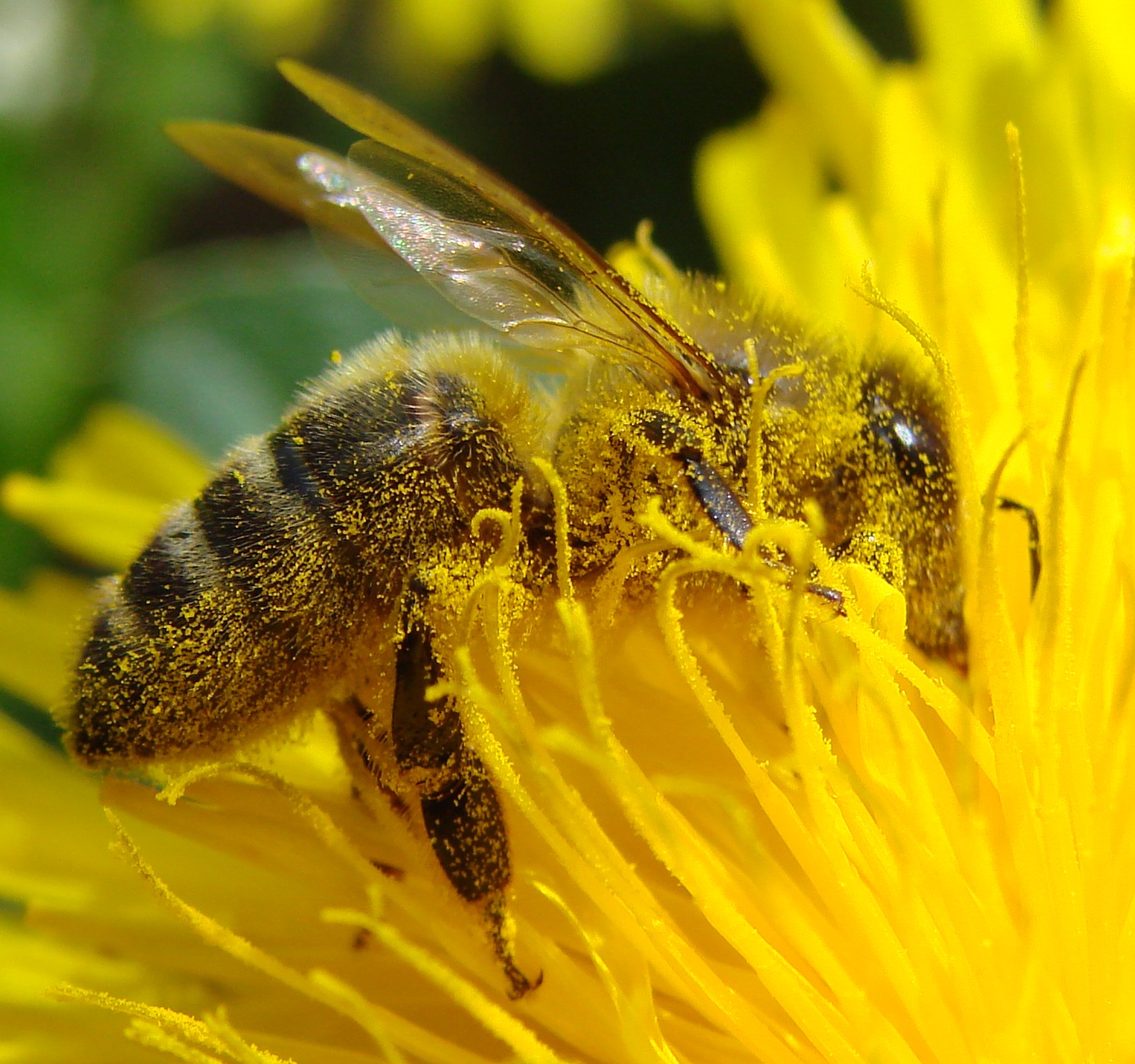
- Bees are essential for pollinating one-third of the food we consume, ensuring the fertility and diversity of crops like almonds, blueberries and carrots, which are crucial for maintaining nutritional diversity and health.
- Between 2023 and 2024, beekeepers in the United States experienced a 55.1% loss in their colonies, the highest in over a decade. This decline is driven by habitat loss, pesticide exposure (particularly neonicotinoids) and invasive species like the Varroa destructor mite.
- The loss of bees threatens food security by disrupting crop yields and increasing prices. It also affects plant diversity, which is fundamental to ecosystems and wildlife, leading to cascading ecological effects. Bees are indicators of environmental health, and their struggle signals broader ecological challenges.
- Bees provide valuable health products such as honey, bee pollen, propolis and royal jelly. These products offer antibacterial, antifungal, neuroprotective and immune-boosting properties, highlighting the importance of bees beyond pollination.
- Protecting bees requires sustainable practices like reducing pesticide use, planting native flowers and supporting local beekeepers. Policy changes, such as restricting neonicotinoid use and promoting bee-friendly agriculture, are also crucial. Individuals and communities can contribute by creating pollinator-friendly habitats and raising awareness about the importance of bees.
The essential role of bees in ecosystems
Bees are among the most vital pollinators on Earth, responsible for pollinating one-third of the food we consume. Despite wind-pollinated crops like rice and wheat forming the cornerstone of your diet, bees ensure the fertility and diversity of countless other foods. From almonds and blueberries to carrots and watermelons, their pollination services are indispensable. Jeff Pettis, president of Apimondia, explains, “Without bees, we wouldn’t starve, but we’d lose much of the nutritional diversity that keeps us healthy.” Beyond pollination, bees offer remarkable health benefits through their products. Honey, with its ancient origins traced back to Egyptian beekeepers, is a natural antibacterial and antifungal agent. It soothes coughs, supports oral health and may even combat cancer cells. Bee pollen, rich in vitamins and enzymes, serves as a powerful multivitamin. Propolis, or “bee glue,” has neuroprotective and immune-boosting properties, while royal jelly supports fertility and bone health. Yet, despite their generosity, bees face unprecedented threats.The alarming decline of bee populations
The decline of bees is driven by a combination of habitat loss, pesticide exposure and invasive species. Monoculture farming, which prioritizes a single crop over diverse flora, leaves bees without sufficient nutritional resources. Pesticides, particularly neonicotinoids, impair bees’ navigation, reproduction and immune systems. Additionally, parasitic mites like Varroa destructor decimate colonies, spreading diseases like deformed wing virus. Since the early 2000s, colony collapse disorder has exacerbated this crisis, though it remains a complex interplay of factors. As Pettis notes, “Bees are under constant stress from multiple directions.” The 2023-2024 survey revealed a 55.1% annual loss in U.S. colonies, with winter losses reaching their third-highest levels on record. Commercial beekeepers, managing the majority of colonies, saw the greatest impact, highlighting systemic pressures facing large-scale operations.Health and environmental implications of bee decline
The loss of bees poses dire consequences for both ecosystems and human health. Reduced pollination disrupts crop yields, threatening food security and driving up prices. Beyond agriculture, bees sustain plant diversity, which forms the backbone of ecosystems. Declining plant diversity, in turn, affects wildlife and biodiversity, creating cascading ecological effects. Invasive hornets and beetles further strain bee populations, while climate change alters flowering patterns, exacerbating stress on already vulnerable colonies. Jana Schmidt, a naturopathic doctor and beekeeper, emphasizes, “Bees are indicators of environmental health. If they’re struggling, it’s a sign we need to act.” Protecting bees is not just about saving these insects—it’s about preserving the intricate web of life they sustain.Conservation efforts and how you can help
Efforts to protect bees require a collective commitment to sustainable practices. Reducing pesticide use, planting native flowers and supporting local beekeepers are vital steps. By creating pollinator-friendly habitats and avoiding harmful chemicals, individuals can contribute significantly. Schmidt advocates for biodiversity preservation, noting, “We’ve domesticated ourselves away from the natural world. Bees remind us of our interconnectedness.” Policy-makers are also stepping up to address the issue, from restricting neonicotinoid use to supporting bee-friendly agricultural practices. Educating beekeepers and raising public awareness are equally critical. Bee products, like raw honey and bee pollen, offer a direct connection to these essential pollinators. As Schmidt concludes, “We don’t keep bees—they keep us.”A call to action
The fate of bees is intertwined with your own. Their decline signals broader environmental challenges, while their recovery offers hope for a healthier planet. By taking action to protect bees, you safeguard your food, health and ecosystems. As Burris, a third-generation beekeeper, reflects, “Bees don’t need us—we need them.” Sources for this article include: TheEpochTimes.com ApiaryInspectors.org CovenantWildlife.comSynthetic chemicals in ultra-processed foods contribute to serious health issues, study finds
By Ramon Tomey // Share
Study: Living near golf courses may increase risk of Parkinson’s disease
By Ava Grace // Share
The hidden toxins in rice: HEAVY METALS arsenic and cadmium detected in global food staple
By Ramon Tomey // Share
Governments continue to obscure COVID-19 vaccine data amid rising concerns over excess deaths
By patricklewis // Share
Tech giant Microsoft backs EXTINCTION with its support of carbon capture programs
By ramontomeydw // Share
Germany to resume arms exports to Israel despite repeated ceasefire violations
By isabelle // Share
